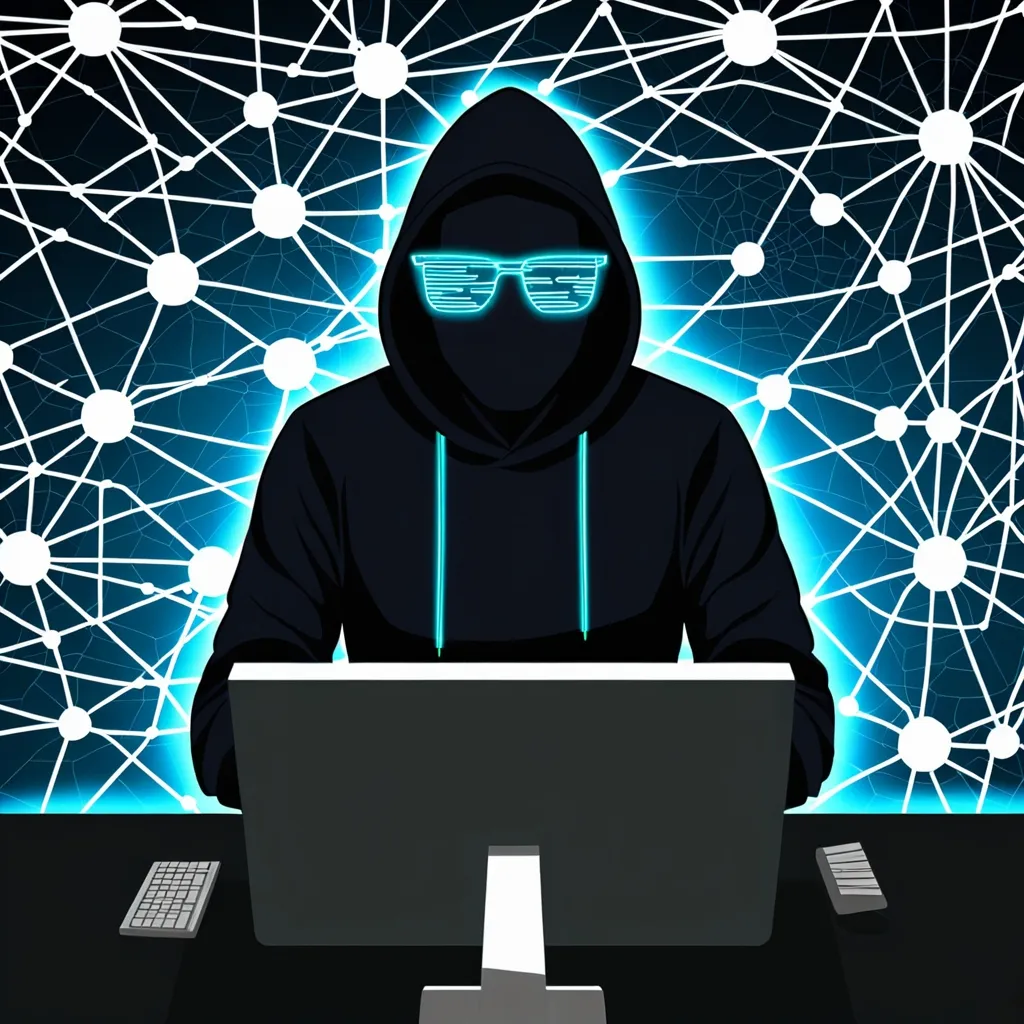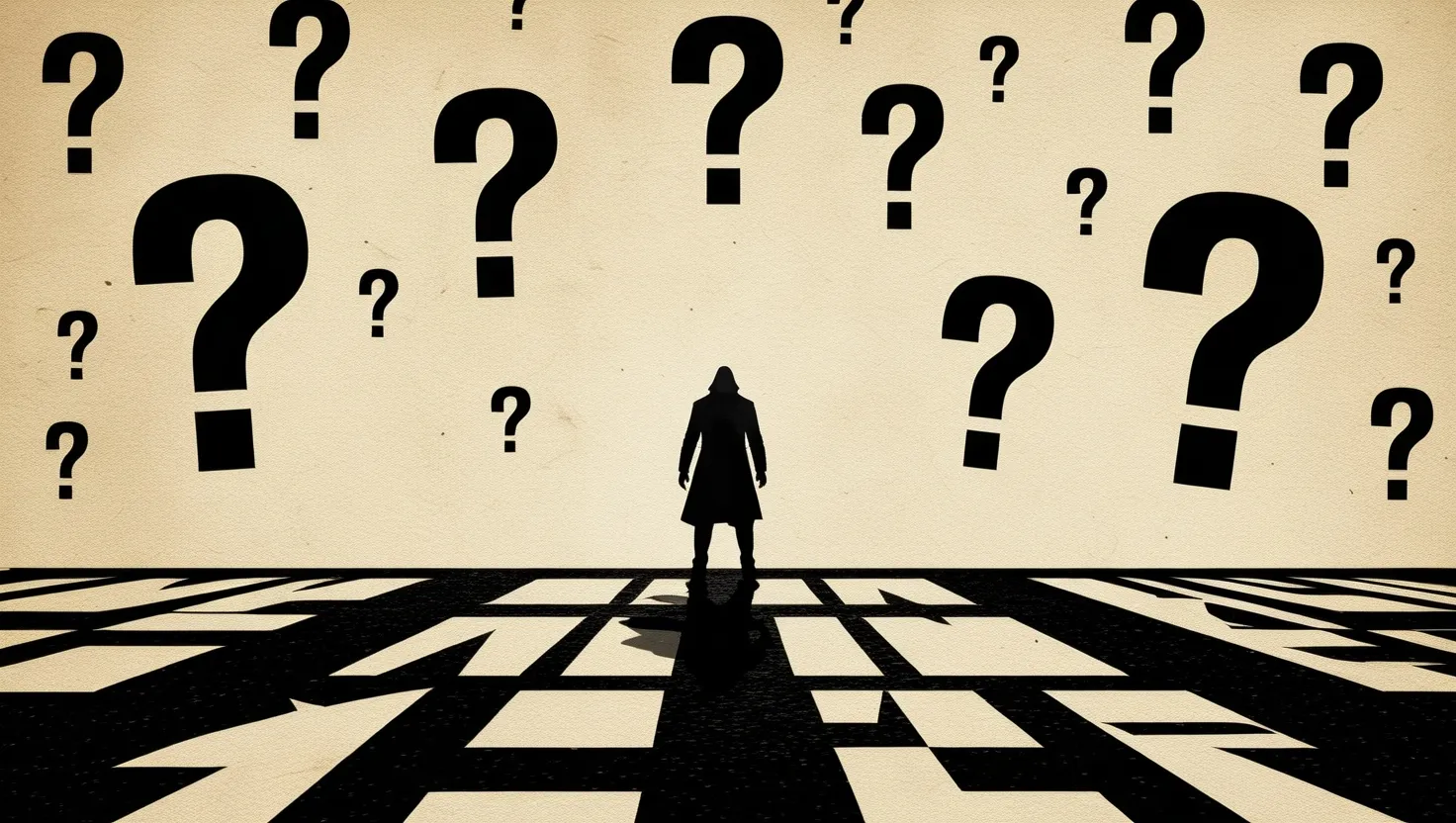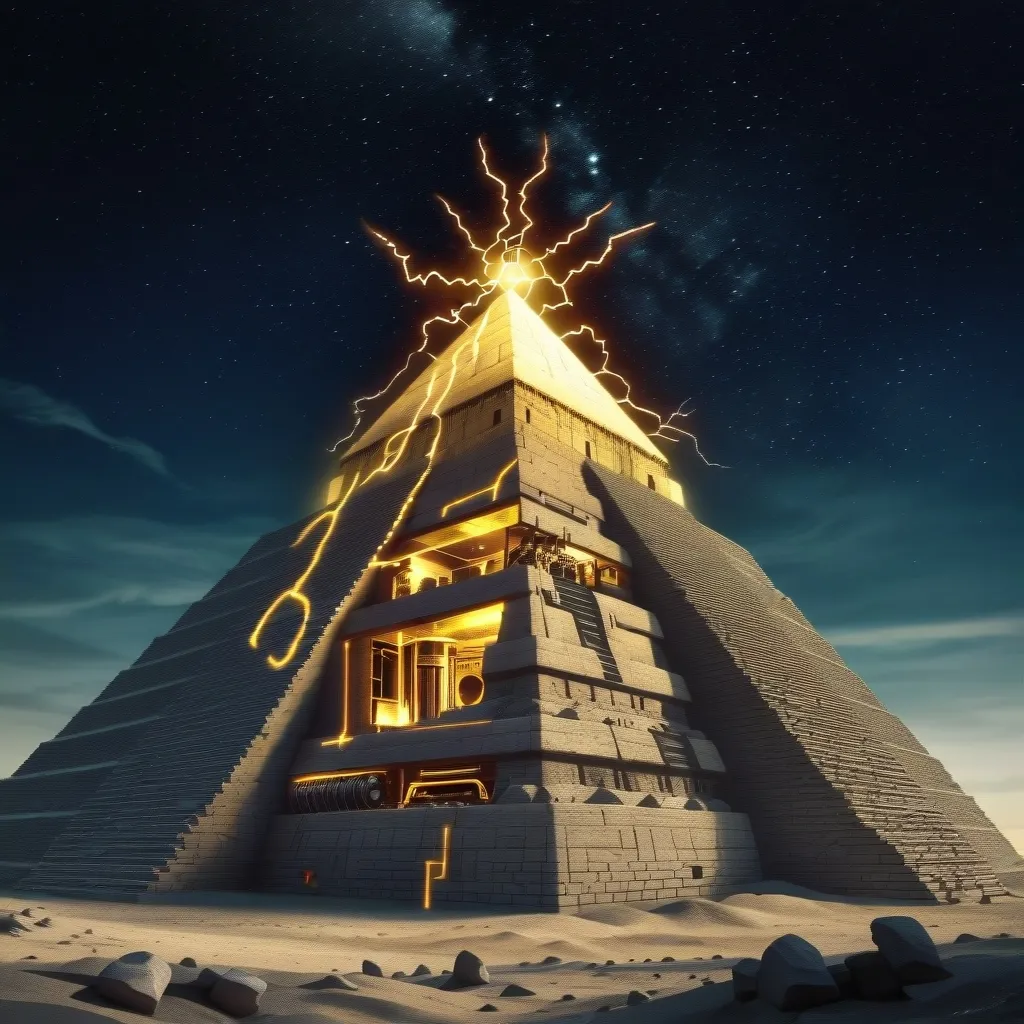The Dark Web: Unmasking the Digital Underworld
The internet is a vast, mysterious place. We use it every day for work, entertainment, and communication, but there’s a hidden side that most of us never see. It’s called the dark web, and it’s been the subject of countless rumors, myths, and conspiracy theories.
Let’s dive into this digital underworld and separate fact from fiction. What exactly is the dark web? How did it come to be? And is there any truth to the whispers of a shadow government pulling the strings from its depths?
The dark web isn’t some sinister creation of cybercriminals. Believe it or not, it was actually developed by the U.S. Naval Research Laboratory back in the 90s. Their goal? To give American operatives and dissidents in oppressive regimes a way to communicate safely and anonymously. Pretty noble, right?
The main gateway to this hidden world is something called the Tor network, short for “The Onion Router.” It’s like a digital invisibility cloak, using layers of encryption to hide users’ identities and activities. Think of it as a super-secret tunnel system running underneath the regular internet.
Now, you might be wondering why we need this level of secrecy. Well, for some people, it’s a matter of life and death. Human rights activists and journalists working in dangerous areas use the dark web to stay safe while exposing injustice. It’s a digital lifeline for those fighting the good fight in places where free speech is just a dream.
But as with any tool, the dark web can be used for good or evil. And unfortunately, its anonymity has made it a hotspot for some pretty shady characters. Imagine a bustling black market where you can buy almost anything - drugs, stolen identities, fake documents, even weapons. It’s all there, hidden away from the prying eyes of law enforcement.
The currencies of choice in this digital black market? Cryptocurrencies like Bitcoin and Monero. These digital coins make transactions nearly impossible to trace, adding another layer of secrecy to the mix.
Now, let’s address the elephant in the room - the idea of a “shadow government” pulling the strings from the dark web. It’s a tantalizing thought, isn’t it? A secret cabal of powerful figures, manipulating world events from behind a digital curtain. But here’s the thing - there’s no real evidence to back it up.
Sure, the dark web is crawling with criminal activity. But it’s not some centralized command center for a global conspiracy. It’s more like a chaotic bazaar where different groups and individuals do their own thing, often with conflicting goals.
Remember the infamous Silk Road marketplace? It was a major hub for drug dealers until the FBI shut it down in 2014. But it wasn’t run by some shadowy government organization. It was the brainchild of a guy named Ross Ulbricht, who got caught and is now serving life in prison.
Law enforcement agencies around the world are constantly working to disrupt these illegal operations. They’ve taken down several major dark web marketplaces, like AlphaBay and Hansa. It’s not easy - the anonymity of the dark web makes it a tough nut to crack. But with international cooperation and some clever tech tricks, they’re making progress.
The idea of a shadow government often pops up in conspiracy theories. People point to things like widespread surveillance by intelligence agencies or the influence of wealthy elites. And sure, there are certainly powerful forces at work in the world. But that’s a far cry from a secret government running things from the dark web.
Think about it this way - the dark web is more like a mirror of the regular internet. It has its good sides and its bad sides. The anonymity it provides can protect whistleblowers and political dissidents. But it also gives cover to criminals and other bad actors.
The fight against dark web crime is ongoing and evolving. Law enforcement agencies are getting better at tracking down these digital outlaws. They’re sharing information, developing new investigative techniques, and even running undercover operations.
Take this recent Dutch operation, for example. They managed to hijack a major dark web marketplace and ran it themselves for a month. The information they gathered helped them bust dozens of other illegal operations. Pretty clever, right?
But here’s the thing - for every criminal they catch, there are probably more popping up to take their place. It’s like playing whack-a-mole in cyberspace. The anonymity of the dark web makes it an attractive option for those looking to break the law.
So, what’s the takeaway from all this? The dark web is complex, often dangerous, but not necessarily the hub of a global conspiracy. It’s a tool, and like any tool, it can be used for good or ill. It protects political dissidents and enables criminals. It’s a challenge for law enforcement and a reminder of the internet’s dual nature.
The allure of conspiracy theories is strong. The idea of a shadow government pulling the strings from the dark web makes for a great story. But in reality, the world is messier and more complicated than that. Power is distributed, often competing, and not always hidden.
As we navigate this digital age, it’s crucial to stay informed and critical. The dark web is just one part of the broader internet landscape. It’s important to understand its role and its risks, but also not to blow its significance out of proportion.
Remember, the internet is what we make of it. For every dark corner, there are bright spots of innovation, connection, and positive change. The challenge is to harness the power of technology for good while minimizing its potential for harm.
So the next time you hear whispers about the dark web or shadow governments, take a step back. Look at the evidence, consider the sources, and think critically. The truth is out there, but it’s rarely as simple or dramatic as we might like to believe.
In the end, the dark web remains a significant challenge and a reminder of the internet’s capacity for both good and evil. As we continue to explore and understand this digital frontier, let’s stay vigilant, informed, and committed to using technology as a force for positive change in the world.






